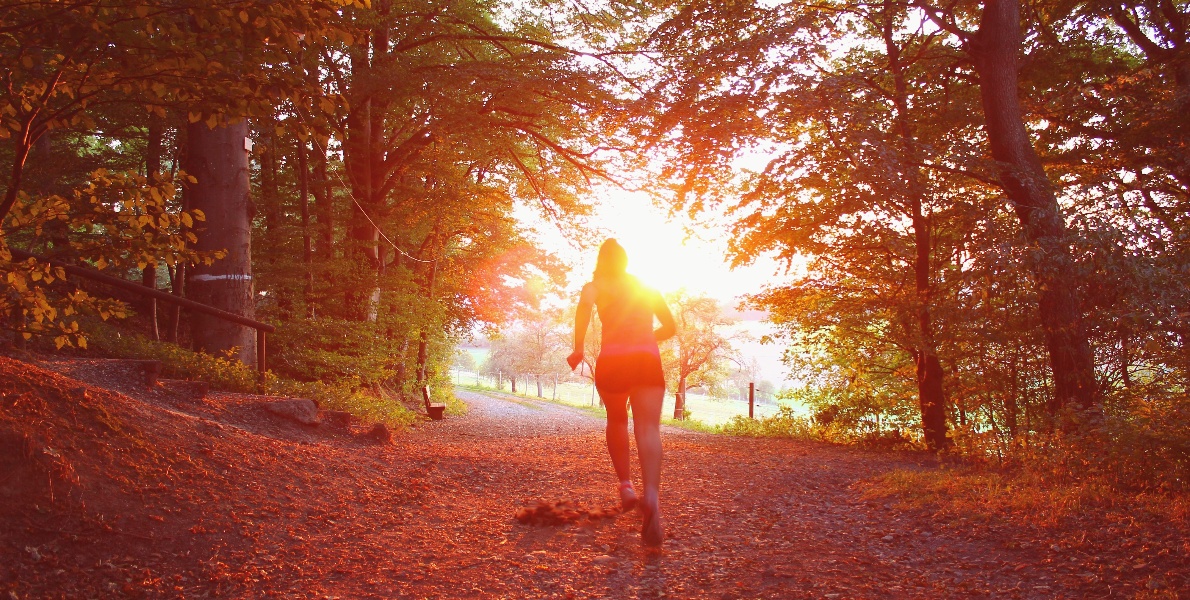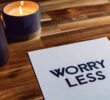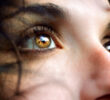Ever wake up in the morning and feel drained out of energy?
The rustiness of your brain struggling to pull yourself out of bed, and starting the day in the dullest manner possible.
Believe it or not, out of the many routines in our daily lives, sleep holds a massive amount of importance.
Just like a cell phone or laptop that needs to be recharged, the human body requires time to rest and recharge itself.
Nevertheless, not getting enough amount of sleep is probably the worst way to start your day.
But what if there are ways to recover from the unnecessary tiredness?
A way to get re-energize yourself with fewer hours of sleep.
To your and our surprise, there’re ways to get energized if you didn’t get enough sleep, and we’ll be covering 5 of them in this article.
These 5 ways can be summarized as the following:
- Taking short naps (of about 10 minutes)
- Remaining hydrated throughout the day
- Exercising
- Taking cold showers
- Getting out of Bed as Soon as You Wake Up
📎 Taking Short Naps
📎 Remaining Hydrated Throughout the Day
📎 Exercising
📎 Taking Cold Showers
📎Getting Out of Bed as Soon as You Wake Up
📎Conclusion
Taking Short Naps:
To begin with, taking short naps is one of the most underrated and very effective ways of re-energizing yourself.
A research study conducted by the University of South Australia helps us understand this.
The study involved thirty-one healthy aged adults who were partaking in a 3-day study that involved a normal sleep time (22:00-7:00), and an experimental sleep study on one night.
The experimental sleep study involved individuals with no sleep, some with 10-minute naps or with 30-minute naps.
The study concluded “short ten minute naps taken in the afternoon have been shown to produce immediate benefits to performance without the side effects of sleep inertia.” (Hilditch, Centofani, Dorrian Banks, 2016)
What’s interesting from this study is the fact that short naps are deemed beneficial for sleep-deprived individuals.
They help bring in bursts of energy which further help to enhance performance.
As a result of energy and performance working together, short naps help energize you when you’re not caught up on enough sleep from last night.
Thus, when not having enough sleep, remember to take a short nap (about 10 minutes) to give yourself a boost.
Like the famous saying, it’s about quality not quantity – this famous saying applies to gathering up energy too.
Remaining Hydrated Throughout the Day
Let’s get one thing straight.
Water is underrated.
Most of us get the idea of energy drinks or anything with caffeine when we think about something bustling with energy.
However, taking in a constant supply of water throughout the day helps to keep you energized.
This in turn further helps to get rid of the fatigue being experienced from lack of sleep.
British Journal of Nutrition (2011) mentions a study that concluded that mild dehydration affects the cognitive performance of men (Ganio, Armstrong, Casa, McDermott, Lee, Yarmamoto, and Lieberman).
With that being said, it’s only fair to keep your water intake to a maximum throughout the day to get help keep yourself active and energized.
Exercising:
Keeping yourself fit is one thing, and keeping yourself fit and awake is another.
If you’re running on a low-hour sleep, exercising can pull the rabbit out of the hat, and keep you pumped.
Exercising is known to regulate blood flow within the body.
With the blood flow being regulated better towards your brain, there’s more energy to serve the needs of your body.
With that being said, exercising helps quite a lot when it comes to staying awake.
Exercising isn’t just an excuse to lose weight, it gets your adrenaline pumping, and the adrenaline pump is key to having your energy restored.
With the restored energy, you’re able to combat the lack of sleep from the previous night, and as a result, are given a burst of energy.
Taking Cold Showers:
As painful as this sounds, it’s not. It’s actually more beneficial than you think. According to Jack Cincotta (2020), “Cold exposure can also enhance alertness and attention”.
Moreover, he goes onto mention how the “cold exposure activates the sympathetic nervous system, which increases adrenaline and noradrenaline (Mooventhan & Nivethitha, 2014).”
As a result of an adrenaline rush, there’s an energy increase within the body, and with the blood following around the body and to the brain, there’s an overall increase of energy.
As a result, cold showers can help out with keeping you awake when you’re tired.
Getting Out of Bed as Soon as You Wake Up
Talk about stating the obvious.
But really, getting out of bed as soon as you wake up is super helpful.
Let’s be real, shutting or snoozing your alarm and going back to sleep isn’t really helping your cause here.
As annoying as it is to further snooze the snooze, it shouldn’t be a habit either ways.
Hearing the same ringtone again and again certainly shakes things up to start the day.
What’s worse is to hear the same alarm ring again and again as you continue to snooze it to get those 2 extra minutes of sleep like your life depends on them.
Getting out of bed as soon as you wake up can help avoid fatigue.
First of all, you’re alert as soon as you step out of bed.
Moreover, you’re not going to stand there and look at the walls.
Chances are you’re going to go to the bathroom or start your day off by getting busy with something.
The fact that you move from one spot you’ve been rooted to all night, and start doing something else (going from fixed to movement), gives you some amount of energy.
Capitalize on this energy, to get rid of that sleep fatigue.
Conclusion:
At the end of the day, gaining energy to combat a lack of sleep is pretty simple.
Who would’ve thought that a routine taking a shower could help keep your eyes open.
Thus, follow the five methods listed above, and you can break the habit of worrying about getting enough sleep.
Don’t get us wrong, getting an ample amount of sleep is important, and these techniques are useful to re-energize oneself.
Re-energizing contributes to helping you stay awake, which combats the fatigue coming from a lack of sleep.





